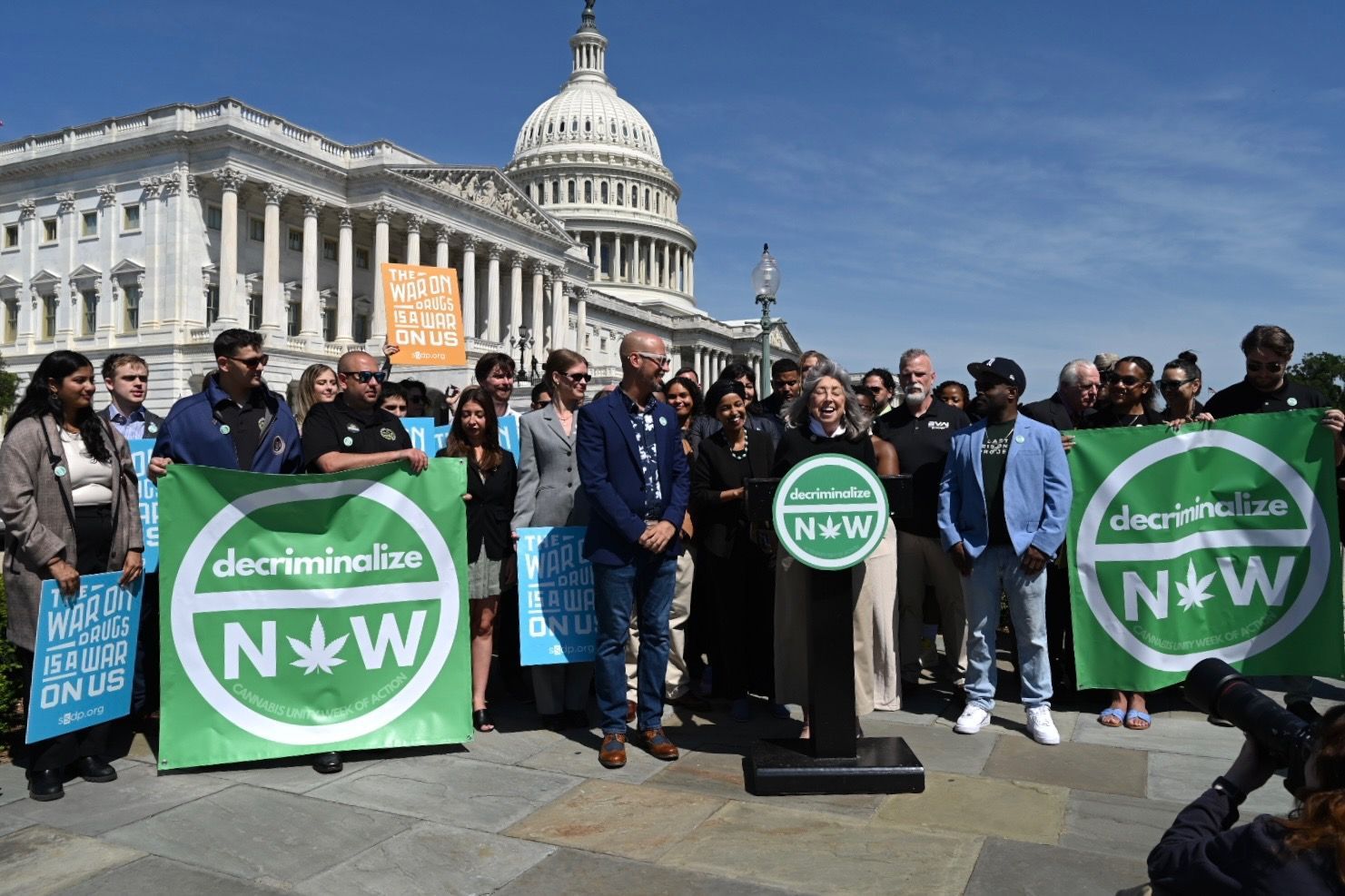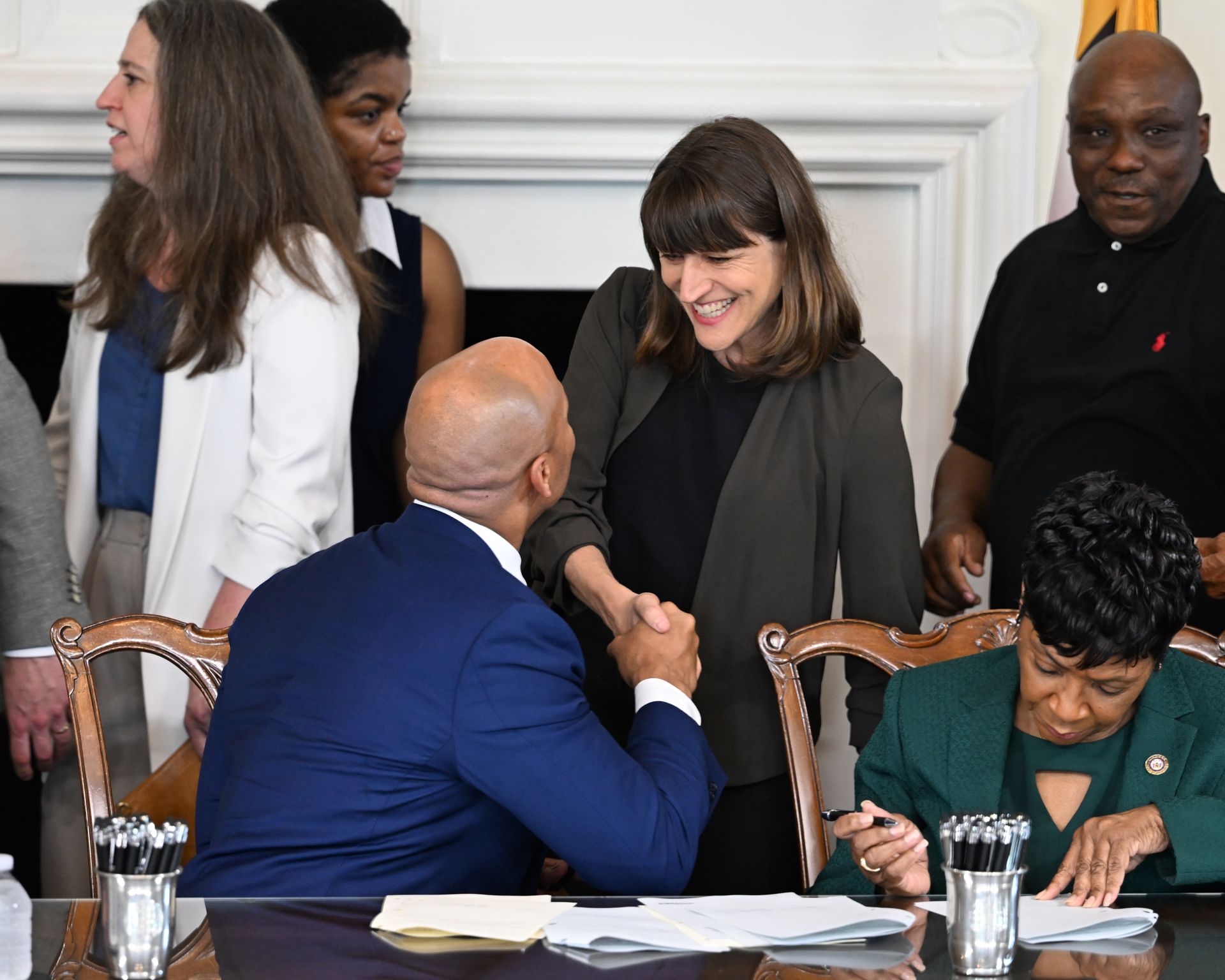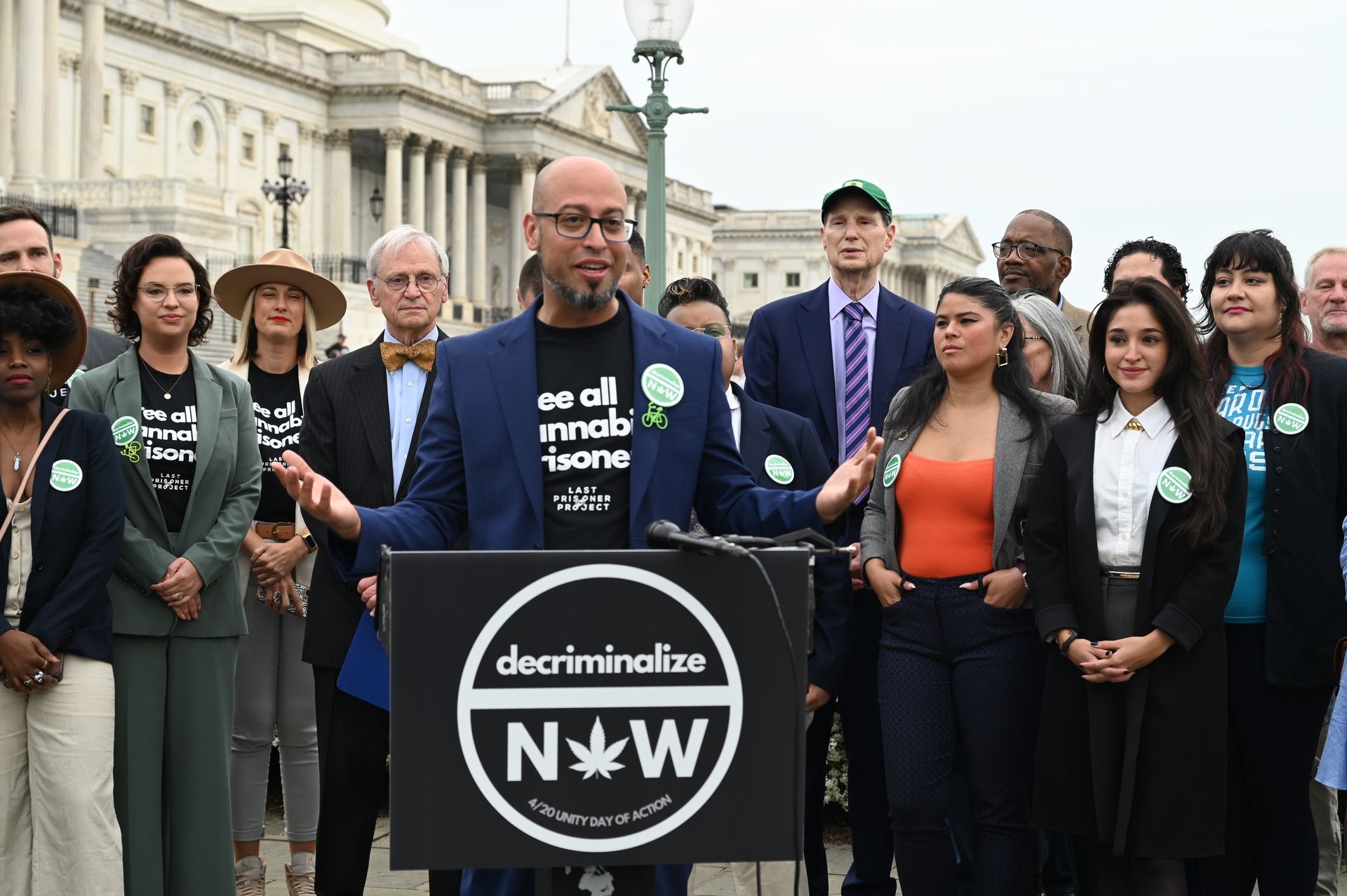Just Cannabis Ep. 2 — Data and Erasure
In Episode 2 of Just Cannabis, Host Mikelina Belaineh sits down with Last Prisoner Project’s Executive Director, Sarah Gersten to discuss data, an imminent and complex issue in the fight for cannabis justice. This conversation is about understanding how many people have been impacted by the war on cannabis, and what challenges we face in measuring and redressing that harm. Sarah shares her experiences and insights as a legal advocate in the cannabis justice movement and discusses the importance of individual stories and storytelling in advocacy work.
How do you solve a problem you can’t see? The ugly truth is that while the cannabis industry is scaling up and profit margins are being scoped, we don't actually know how many people are still sitting behind bars for cannabis. We also don’t know how many people and families have been negatively impacted over decades of persistent, racialized, cannabis enforcement. It should seem odd that answering this question wasn’t the first order of business when considering cannabis legalization efforts, though, it wouldn’t be the first time we’ve seen government and industry decision-makers prioritize profits over people.
Right now at Last Prisoner Project, we are working to identify who is still currently incarcerated for cannabis, a critically important question with inherently limited answers. When we try to quantify the scope of cannabis injustice, the numbers we find, unfortunately, do not and cannot give us all the answers we need. The best data we have tells us there are about 40,000 people incarcerated for cannabis-related offenses in the United States. While this number is critical for guiding organizing and advocacy efforts, and reason enough for moral outrage, it is still just the tip of the iceberg– a place to begin, not end. This is because quantitative data (numbers) alone, cannot give us the full story– our criminal legal data (information about who is arrested and incarcerated and what happened before, during, and after) is super decentralized and disorganized, neither coherent nor cohesive.
Sarah and I discuss the insidious and misleading ways our criminal legal system counts and codes people and criminal convictions. She explains how and why the number 40,000 is inaccurate and deflated, masking the true scope of cannabis criminalization’s impact on mass incarceration. We learn that the data we’re using in 2023 is in fact based on data from 2011, which relies on data from 2004, which relies on even older data. Even more concerning is the fact that the reports we depend on are missing data from at least 40% of law enforcement agencies, including major cities like New York and LA.
The thing is, our criminal legal systems (misleadingly named “criminal justice systems'') were not designed with public safety or government accountability in mind. For the overwhelming majority of our country's existence, our criminal legal system has been calibrated to produce outcomes of racialized punishment and control. As such, our government has not had much incentive to collect robust, meaningful data about the experience of people actually navigating and surviving the system itself.
All power holders in the criminal legal system tell stories with their data and each of them has their own style, preferences, interests, and biases. Police officers collect and report data in their own way, at their discretion, and this is the primary information prosecutors and courts rely on in determining the fate of individuals who have been arrested. Then, prosecutors, public defenders, judges, and jail administrators collect, store, and report their own data, in different ways. And this is still just within one local jurisdiction (a county), where arrest and pre-trial incarceration (aka jail) happens. Each different county (3,000+) collects, manages, and stores data in it's own way, the counties do it differently than the states, the states do it differently from each other, and the federal government does its own thing.
Thus, in addition to asking “how many people are behind bars?”, we need to ask “who has been impacted”, and we need to get curious about how. This is because there are folks who have been impacted, experts of experience, that will never be seen in the numbers. We as citizens and as advocates are further empowered when we become aware of what we do not know, and when we name and examine the underlying assumptions that may be leading us astray. The “War on Drugs” and the war on cannabis that flows from it, is complex, systematic, and has been implementing propaganda and enforcement tactics for 50+ years. If we are really looking to descale this War, if we wish to dismantle systems of racialized punishment and divest from narratives of black criminality– we must be dogged in our critical examination of the task at hand.
With curiosity, we can move towards reparative solutions, informed by deep understanding, and away from rushed, reactionary fixes. In order to have the right conversations, we need to ask the right questions. Sarah asserts that solving these big, complex, seemingly impossible problems of injustice is possible. If we choose to invest our efforts, our resources, and our technology to innovate solutions to problems of systemic injustice—we can create a more equitable and just future.
About the Author
Mikelina Belaineh serves as the Director of Impact at the Last Prisoner Project, and is the host/creator of
Just Cannabis. Mikelina identifies as a queer, black, nonbinary abolitionist, and has dedicated themselves to organizing around issues of gender, sexuality, policing, and punishment. Mikelina graduated from Harvard Law in 2016, and has since spent their career interrogating, understanding, and addressing issues of mass incarceration. Mikelina has worked on issues of street and gang violence, womxyn’s incarceration, and cannabis justice. They bring experience as a non-profit leader, board member, researcher, scholar, and professor.
About the Guest (LPP Executive Director, Sarah Gersten)
Throughout her career Sarah has worked at the intersection of cannabis legalization and criminal justice reform. After working as an attorney at a congressional agency where she focused on legislative policy, Sarah co-founded a cannabis-centric law firm where she led the firm's pro bono initiative, taking on expungement and record sealing cases. While doing expungement work—Sarah met the founders of the Last Prisoner Project, and she was brought on to build and scale the legal advocacy program and organization into what it is today. We had a lot of fun recording this episode, it’s not often we get to have these critical, more nuanced conversations in our day-to-day advocacy work.






